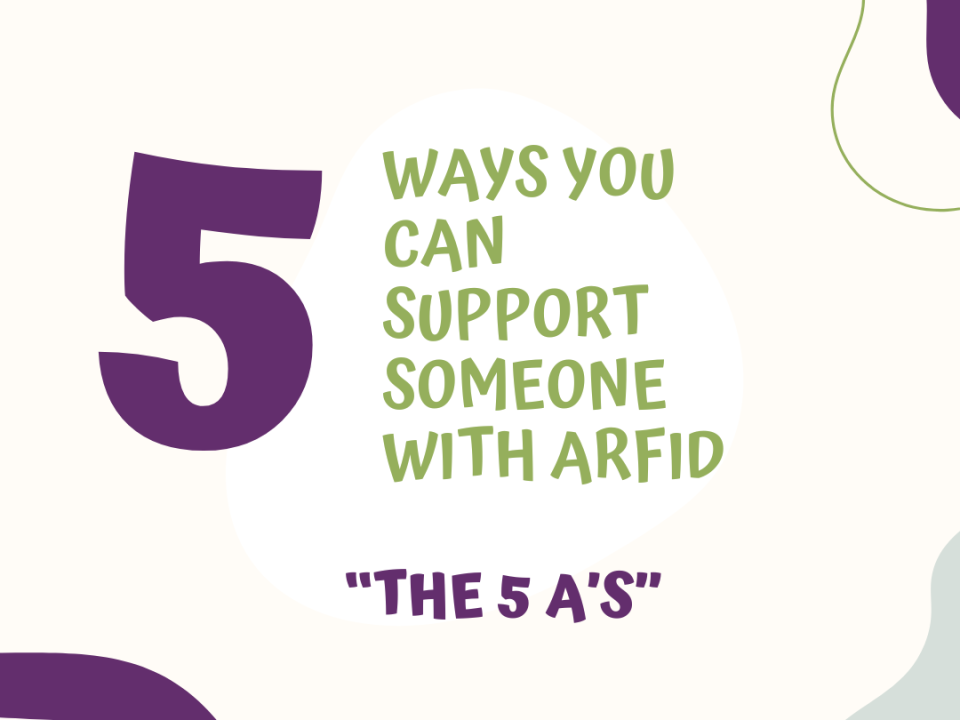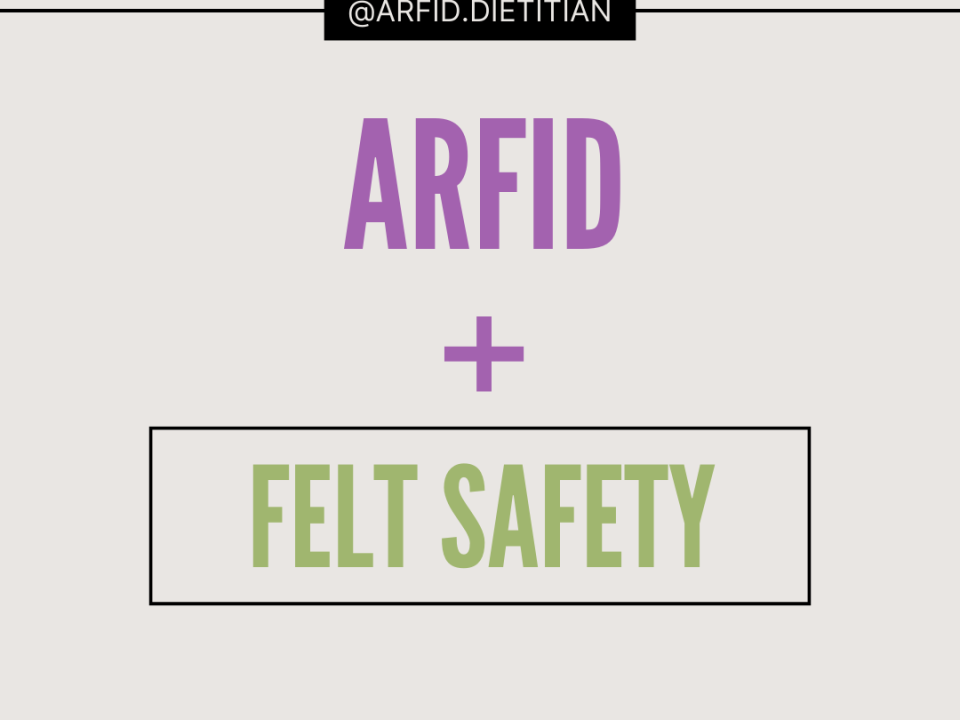Learning from Lived Experience: The Vital Role of Individuals with ARFID

Adult ARFID Support Group
September 7, 2023
The Power of Community: ARFID Healing Through Connection
September 28, 2023
When it comes to understanding and supporting individuals with Avoidant/Restrictive Food Intake Disorder (ARFID), there is no substitute for learning from those who have lived experience with ARFID and the challenges and triumphs of this eating disorder. In this post, we’ll delve into the importance of seeking understanding from FIDers (a term coined by Kevin Jarvis from @KevindoesARFID, meaning individual with ARFID) and how their experiences can pave the way for greater awareness, empathy, and affirming support.
-
Unique Perspectives
Individuals with ARFID possess an intimate understanding of the disorder that cannot be gleaned from textbooks or clinical studies alone. Their firsthand experiences offer unique insights into the daily struggles, fears, and anxieties that come with living with ARFID. By listening to their stories, we can gain a deeper appreciation for the complexity of ARFID.
-
Humanizing the Disorder
ARFID is often misunderstood or overlooked, even by healthcare professionals. However, when individuals with ARFID share their personal narratives, they humanize the disorder, making it more relatable and less stigmatized. These stories highlight that ARFID affects real people with real emotions, hopes, and dreams. This can help dispel misconceptions and foster compassion.
-
Practical Insights
FIDers can provide invaluable practical advice and strategies for coping with the disorder. They have developed creative solutions for accommodating eating differences, expanding their food repertoires, and navigating social situations involving food. These insights can be immensely helpful for individuals currently facing similar challenges.
-
Inspiration and Hope
Hearing stories from people with ARFID who have made progress on their journey can be incredibly inspiring. Their stories of can offer hope to those currently struggling. Knowing that you can live with ARFID and live a quality life can be a powerful motivator for individuals and their caregivers.
-
Raising Awareness
Individuals with ARFID play a pivotal role in raising awareness about the disorder. By sharing their experiences in blogs, interviews, social media, webinars and support groups. They contribute to a broader understanding of ARFID within the general public, among healthcare professionals, and among policymakers. This increased awareness can lead to improved access to resources and support for those with ARFID.
-
Building Supportive Communities
FIDers often form or participate in support communities where they can connect with others who share similar experiences. These communities serve as safe spaces for sharing, empathizing, and offering guidance. Being part of such communities can help individuals with ARFID feel less isolated and more understood.
Learning from those with lived experience with ARFID is essential for a more compassionate and effective approach to understanding and supporting individuals with this complex eating disorder. Their unique perspectives, practical insights, and inspirational stories contribute to the broader conversation about ARFID and help build a more inclusive and supportive environment for all living with it. So, let us continue to listen, learn and validate the voices of FIDers. To help foster understanding, empathy, and affirming care.
Want to learn more from those with lived experience with ARFID and eating disorder recovery?
Join us in our very first webinar series “Lived Experience: Affirming Approaches to Supporting Adults with ARFID”. During this 5-part series. We will be discussing the importance of communication, role of trauma in ARFID, intersections between ARFID and anorexia, accommodating one’s ARFID and Cannabis and ARFID during.





